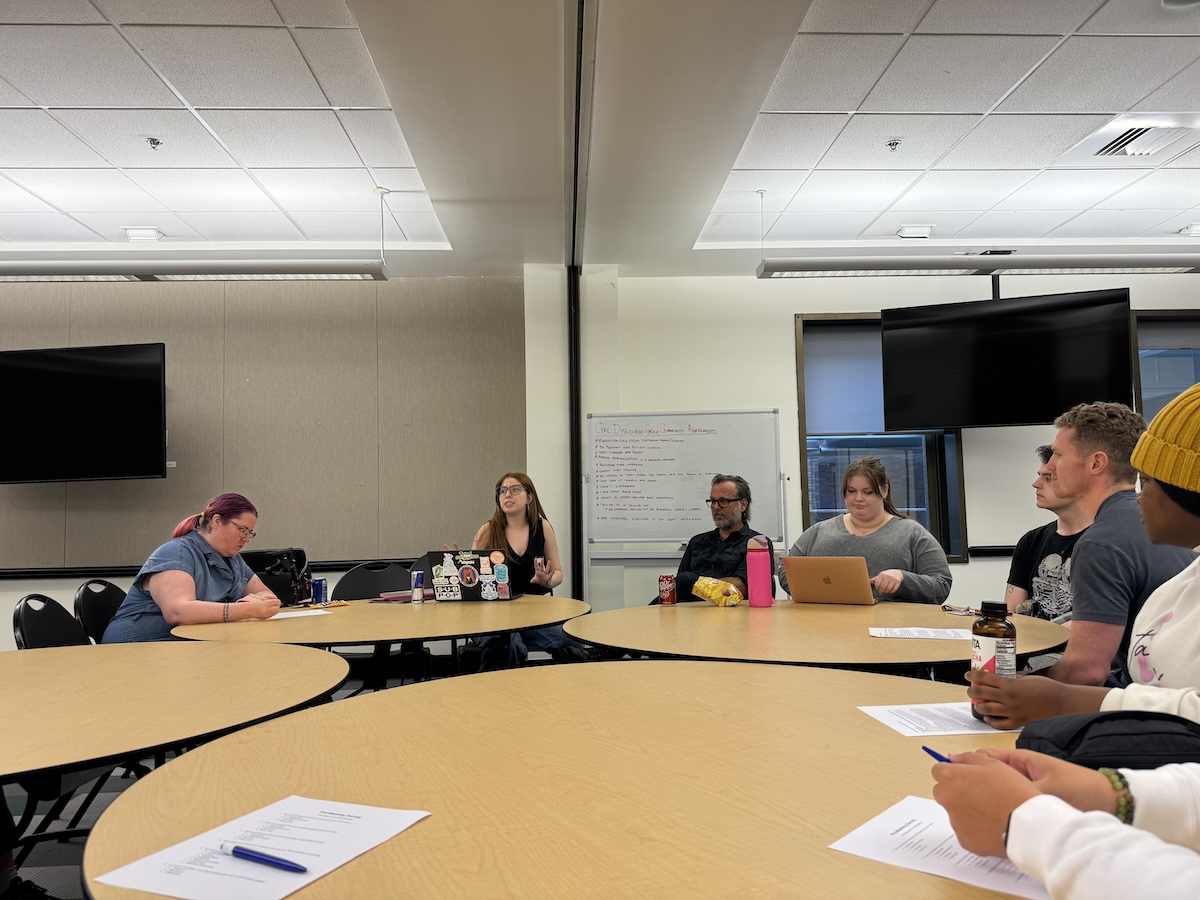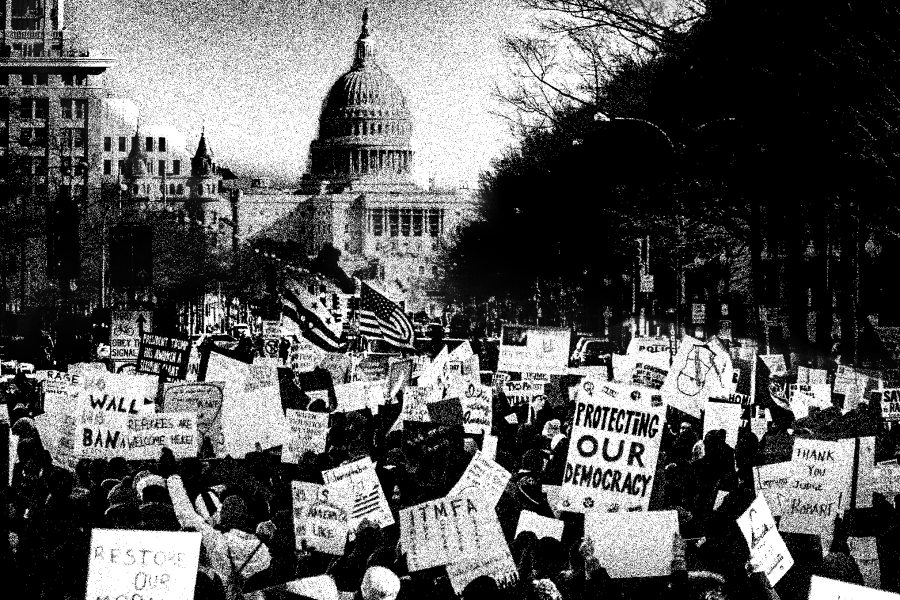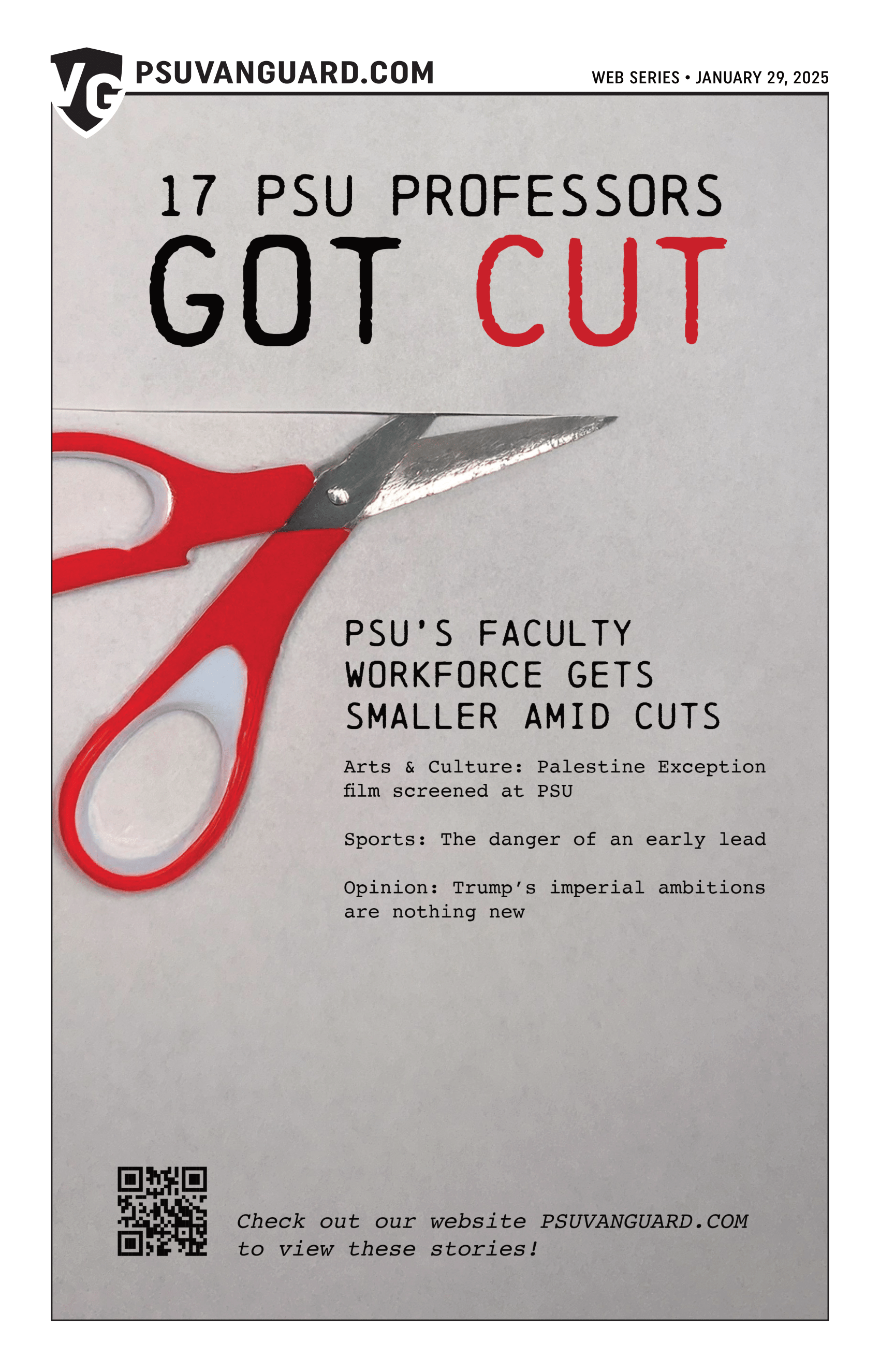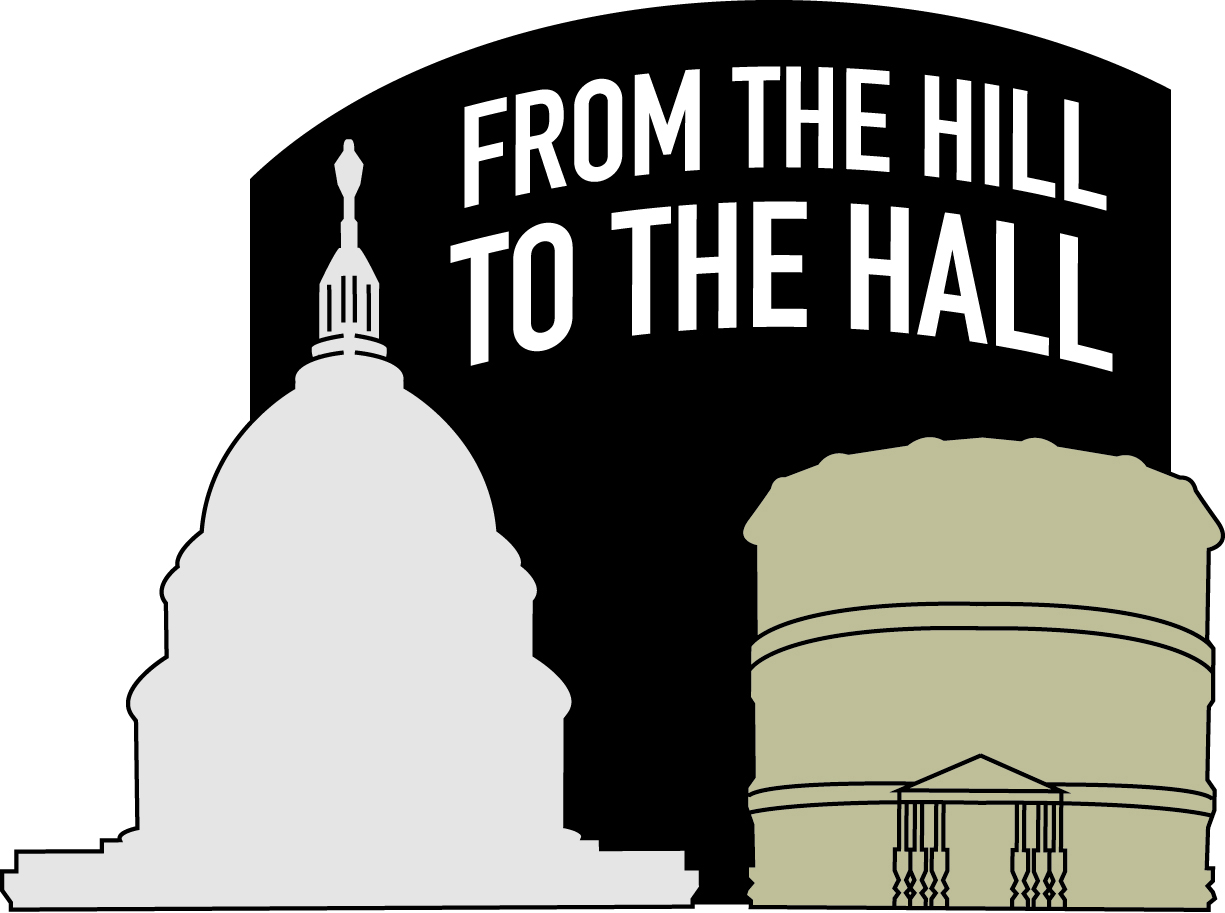On Oct. 28, a small group of Portland State University (PSU) students and professors gathered around a table to spend an hour discussing politics in the new PSU Civil Discourse Group. The only thing these people had in common was their goal to respect one another despite disagreeing on reproductive rights—one of the most controversial issues this election season.
Each week this election season, the Associated Students of PSU (ASPSU) hosts the Civil Discourse Group at Smith Memorial Student Union to allow members of the community to talk with others about the issues that affect them. Led by ASPSU Student Advocacy Committee Chair, Michael Jones, the group is open to anybody and offers the campus a rare refuge from the divisive rhetoric that has become a hallmark of American politics.
“We wanted to make sure that if people did have feelings that they had a space where they feel like they could express it without feeling judged, without feeling discriminated against, anything like that,” said Rowan Bean, the ASPSU Senate Speaker. “This conversation allows other commuters, specifically [those] who may not feel politically accepted into the school, to have a space as well.”
According to PSU Political Science Professor and Facilitator of the Civil Discourse Group, Jack Miller, political discourse has become more combative than it has ever been. The Civil Discourse Group hopes to challenge the urge to self-isolate and instead encourages respectful dialogues with others.
“What’s left of our essentially civil society is family, and family is so much more polarized than it ever was,” Miller said. “So I just think that we need the experience of just being around other people as much as possible.”
The Civil Discourse Group plans to discuss a different topic each week that is important to voters and candidates this season. This week, that topic was reproductive rights—an issue that disproportionately affects women. Members of the Civil Discourse Group took a wide range of stances, and even when it got emotional, they listened to each other and politely asked questions.
“I think [the civil discourse group] is a great way to get students to learn from each other and to learn that not everything is one dimensional,” said Jess, PSU Student and Civil Discourse Group Member. “But I think for me personally, it didn’t do much because… I feel like a lot of these people have not grieved a child.”
ASPSU and Miller are careful to approach each topic from a neutral perspective and encourage participation from everyone. It may not represent the political views that people expect on PSU’s campus—it is merely a representation of those who want to engage with other opinions. Miller and ASPSU want to encourage every student to try and make their voice heard and participate in a meaningful way.
“We are not an extension of the Administration. We’re an extension of the students to the Administration,” Bean said. “We are here to be the megaphone for students specifically.”
ASPSU and Miller hope to continue this down the road, potentially starting a monthly Civil Discourse Group after the election. Students who didn’t have the chance to attend this group but want to have their voices heard can check with ASPSU for more opportunities. But students can also look for other areas of their lives to engage in civil discourse.
“Robert Putnam argues that because people are spending less time doing things like bowling together in a bowling league, where people of different political views and different backgrounds would come together and bowl and they would have discussion,” Miller said, referencing Bowling Alone—a book by Putnam. “The benefits of discussion are… feeling like you can be heard even if you’re in the minority.”
Note From the Editor: The initial article stated that Professor Jack Miller was the leader of the Civil Discourse Group. The group is in fact led by ASPSU Student Advocacy Committee Chair, Michael Jones.






